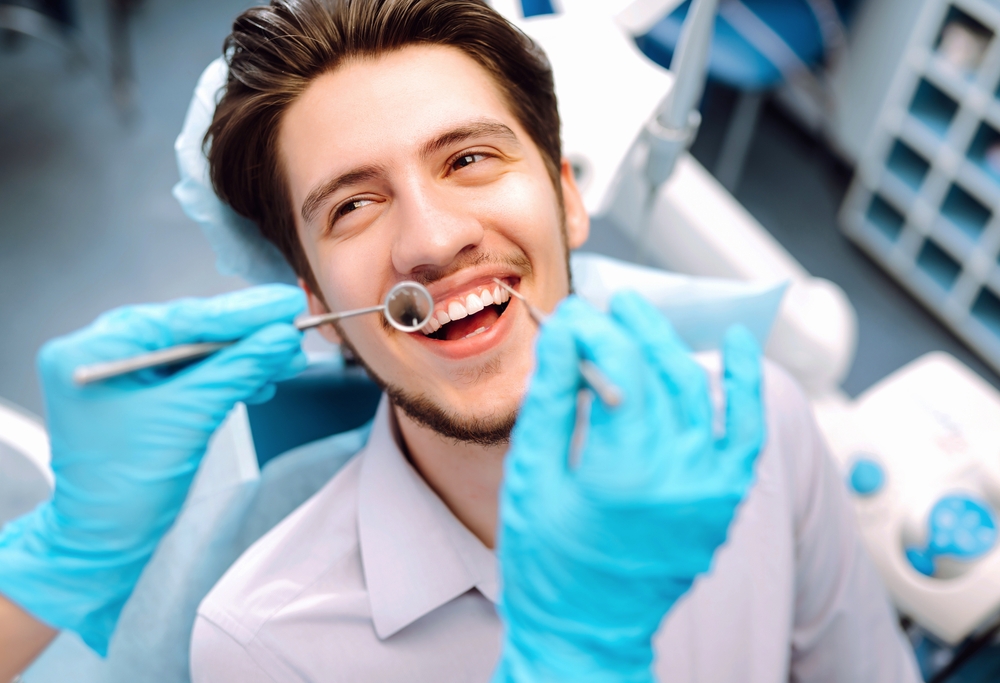
Breathing is an essential function that we often take for granted until it becomes challenging or disrupted. Problems with breathing and sleep can significantly impact our daily lives, causing fatigue, difficulty concentrating, and even severe health conditions. Breathing difficulties can stem from various sources, including allergies, asthma, sinus issues, and sleep disorders. One of the most common sleep-related breathing problems is sleep apnea, a severe condition that requires immediate attention and treatment.
Understanding Sleep Apnea
Sleep apnea is a serious, potentially life-threatening condition that affects millions of people worldwide. It is characterized by episodes of shallow or paused breathing during sleep. These episodes can last from a few seconds to a few minutes and often interrupt deep sleep, leading to poor sleep quality and daytime sleepiness. There are three types of sleep apnea: obstructive, central, and mixed. Of these, obstructive sleep apnea (OSA) is the most common.
Obstructive sleep apnea is caused by a blockage of the airway, usually when the soft tissue in the back of the throat collapses during sleep. This blockage can cause symptoms such as snoring, gasping for air during sleep, morning headaches, and excessive daytime sleepiness. If left untreated, OSA can lead to serious health problems, including high blood pressure, heart disease, stroke, and diabetes.
Central sleep apnea, on the other hand, is less common. This type of sleep apnea is caused by a failure of the brain to signal the muscles to breathe due to instability in the respiratory control center. It's often associated with serious illnesses, such as heart failure and stroke. Mixed sleep apnea is a combination of both obstructive and central sleep apnea.
Benefits of Oral Surgery for Sleep Apnea Treatment
Oral surgery for sleep apnea treatment can be a life-changing procedure for those who have severe cases of the condition and have not responded well to other treatments. The benefits of this type of surgery are numerous and can significantly improve the quality of life for those suffering from sleep apnea.
One of the main benefits of oral surgery is that it can effectively treat sleep apnea by removing or reducing the physical obstructions in the airway that cause the condition. This can lead to a significant reduction in sleep apnea symptoms, such as snoring and daytime sleepiness, and can often eliminate the condition altogether.
Oral surgery can also improve overall health. By effectively treating sleep apnea, oral surgery can reduce the risk of heart disease, stroke, and other serious health conditions associated with the condition. By improving sleep quality, oral surgery can also improve mood, increase energy levels, and improve overall quality of life.
Finally, oral surgery for sleep apnea treatment can lead to better sleep. By reducing or eliminating the disruptions caused by sleep apnea, oral surgery can result in more restful, uninterrupted sleep. This can lead to better daytime functioning, less daytime sleepiness, and an overall improvement in quality of life.
Different Types of Oral Surgery for Sleep Apnea
There are several types of oral surgery that can be used to treat sleep apnea. The type of surgery recommended will depend on the specific cause of the sleep apnea, the severity of the condition, and the patient's overall health.
One type of oral surgery for sleep apnea treatment is Uvulopalatopharyngoplasty (UPPP). This procedure involves removing excess tissue in the throat to make the airway wider. This can help reduce the occurrences of airway collapse during sleep that cause sleep apnea.
Another type of oral surgery for sleep apnea is Maxillomandibular advancement (MMA). This procedure involves moving the upper and lower jaws forward to create more space behind the tongue and soft palate, reducing the risk of obstruction.
Tonsillectomy or Adenoidectomy are also often considered in cases where enlarged tonsils or adenoids are causing the obstruction. These procedures involve the removal of the tonsils or adenoids, respectively.
Each of these procedures has its benefits and risks, and the decision to undergo oral surgery should be made in consultation with a qualified healthcare provider.
How to Know if Oral Surgery is Right for You
Determining whether oral surgery for sleep apnea treatment is right for you involves a careful evaluation of your symptoms, overall health, and the severity of your condition.
Candidates for oral surgery typically have moderate to severe sleep apnea that has not responded to other treatments. They are generally in good overall health and are able to tolerate general anesthesia.
Before deciding on surgery, it's important to understand the potential risks and benefits. While oral surgery can be very effective in treating sleep apnea, it is also a significant procedure that involves recovery time and potential complications. Your dentist can help you weigh these factors and make an informed decision about your treatment.
Conclusion
Problems with breathing and sleep can greatly impact your quality of life and overall health. By addressing the root cause of the condition, oral surgery can effectively treat sleep apnea and significantly improve sleep quality, daytime functioning, and overall health.
If you're struggling with sleep apnea and other treatments have not been effective, contact our experts to determine if oral surgery is the right solution for you. Visit Concierge Smile Boutique at our office in Culver City, California. Please call (424) 404-6400 or text (424) 361-6272 to schedule an appointment today.







